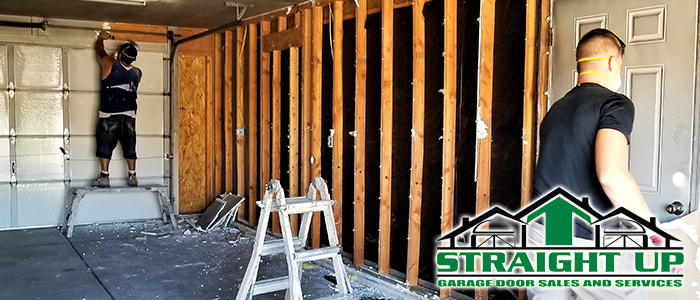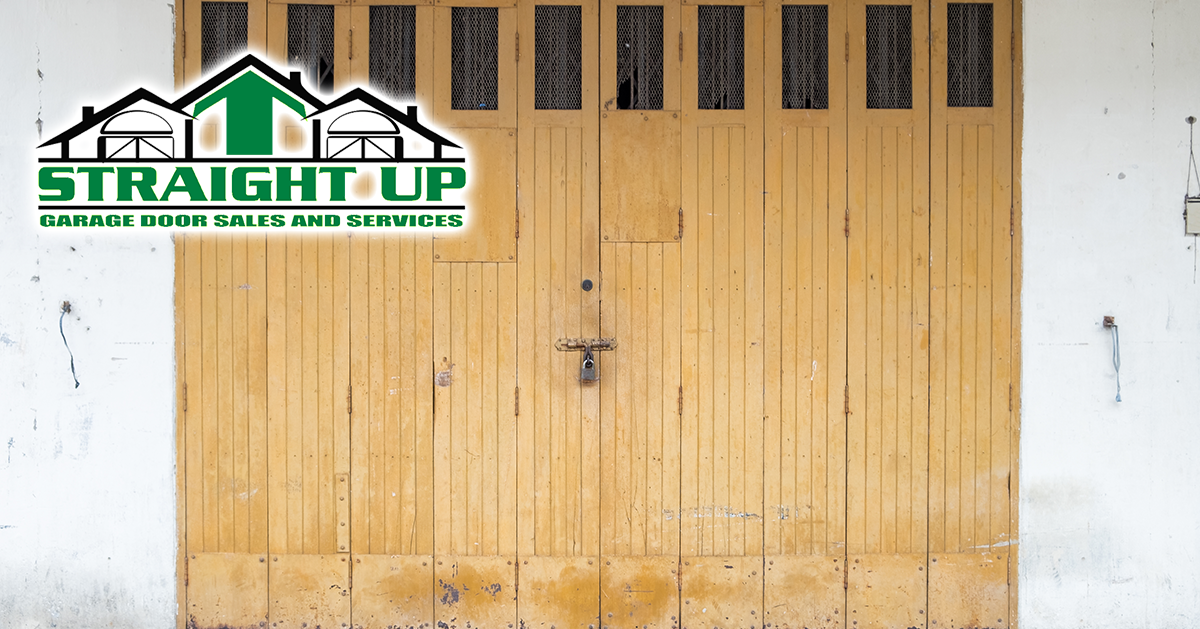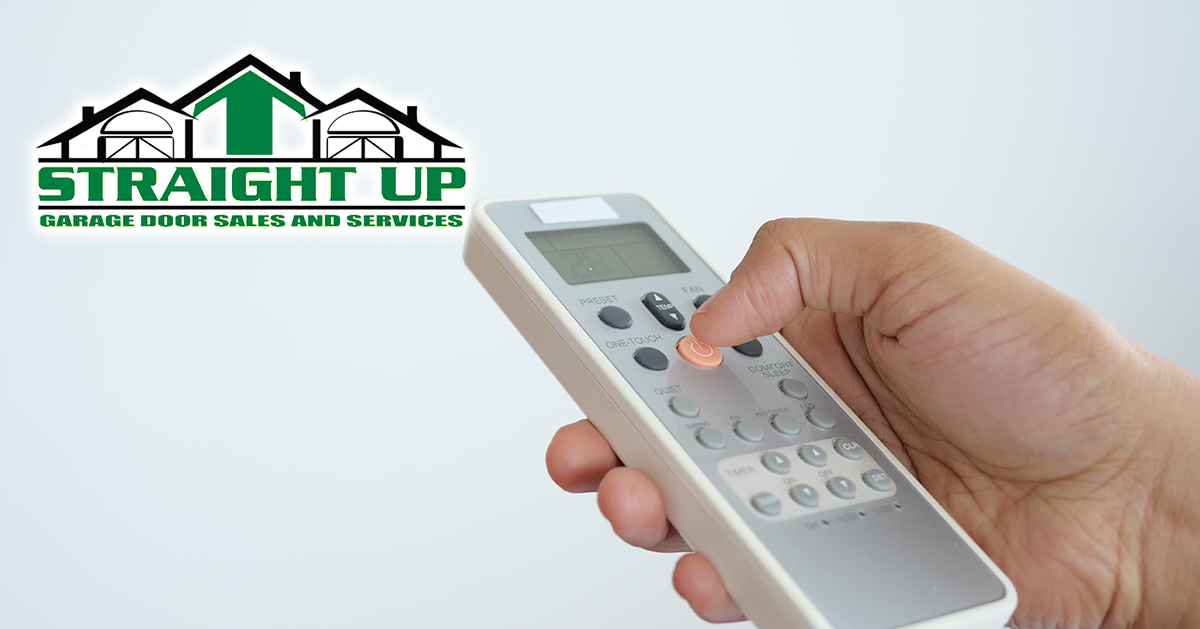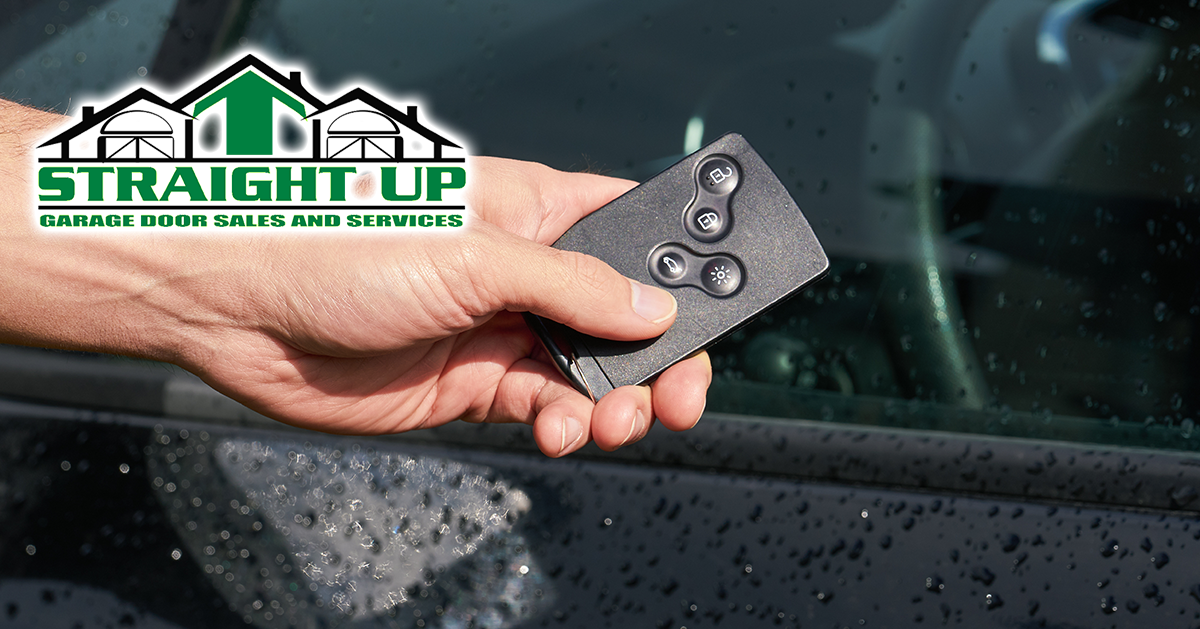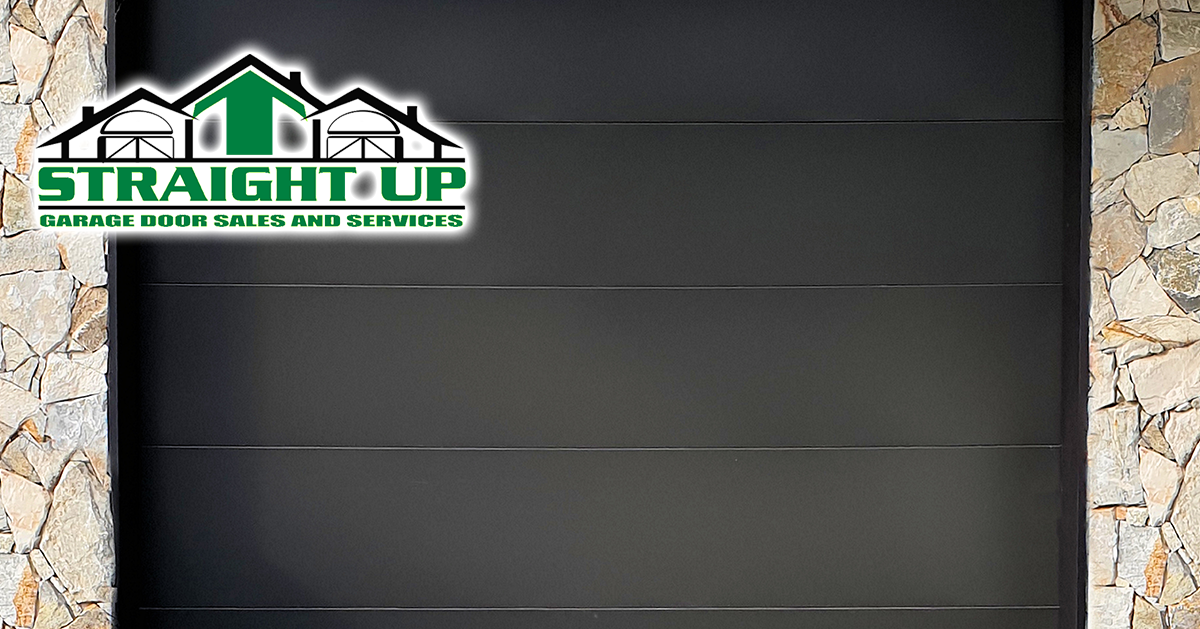Silence is Golden: How to Fix a Noisy Garage Door to Protect Your Investment
If you are like most homeowners, you rely heavily on the functionality of your garage door, and you probably use it several times a day. However, if you have a noisy garage door, it can be a total nuisance not only to you but also your neighbors. Worse still, it could signify underlying problems that could lead to costly garage door repairs or even replacement.
The good news is that fixing a noisy garage door is not rocket science. In this post, Straight Up Garage Doors, a Garage Door Installation and Service Company serving central Florida, will walk you through each step of the process to restore peace and quiet to your garage.
Section 1: Understanding the Causes of a Noisy Garage Door
Before we delve into fixing a noisy garage door, it’s important to first understand what causes the noise. Some common causes include worn-out or poorly lubricated parts, misaligned tracks, loose hardware, and damaged rollers, among others.
Section 2: Checking for Loose Hardware
Start by checking for loose hardware. Vibrations from a moving garage door can loosen the bolts, nuts, and screws that hold the garage door and its accessories in place. Use a socket wrench to tighten all loose bolts, nuts, and screws to reduce the noise.
Section 3: Lubricating Moving Parts
Next, lubricate all the moving parts to reduce friction and noise. Lubricate the hinges, rollers, springs, tracks, and pulleys with a silicone-based lubricant. Avoid using oil-based lubricants or WD-40 as they tend to attract dust and dirt, leading to more problems.
Section 4: Inspecting the Garage Door Springs
Inspect and assess the condition of the garage door springs. If you notice any worn-out, rusted or damaged springs, do not attempt to fix them yourself, as they are under high tension and could snap unexpectedly, causing serious injury or damage. Instead, call a professional garage door technician to assess and replace them.
Section 5: Adjusting the Garage Door Opener
If your garage door opener is making noise, check the chain or belt drive for signs of wear and tear. If you notice any wear, adjust the tension by using the adjustment screws provided in the manual to reduce the noise.
Section 6: Checking for Misaligned Tracks
Misaligned tracks can cause a noisy garage door. Use a level to check that the tracks are aligned vertically. If you notice any misalignment, loosen the bolts holding the track to the wall and tap them gently to straighten them. Re-tighten the bolts and check again for alignment.
Section 7: Replacing Damaged Rollers
Damaged or worn-out rollers can produce a horrible noise when operating the garage door. Check the rollers and replace any that are visibly worn, bent, or chipped. Consider replacing metal rollers with nylon ones, as they are quieter and require less maintenance.
Section 8: Cleaning the Garage Door
Dirt and debris accumulation can cause a noisy garage door. Clean the garage door regularly by wiping it down with a clean damp cloth to remove dirt and dust.
Section 9: Hiring a Professional for Regular Maintenance
Regular garage door maintenance can prevent costly repairs and keep your door quiet and efficient. Consider hiring a professional garage door technician for regular maintenance checks and tune-ups.
Conclusion for a Noisy Garage Door
It can be a huge inconvenience and may indicate underlying problems that could lead to costly repairs or replacement. Fixing a noisy garage door is not rocket science. You can start by checking for loose hardware, lubricating moving parts, inspecting and assessing the condition of the garage door springs, adjusting the garage door opener, checking for misaligned tracks, replacing damaged rollers, cleaning the garage door, and hiring a professional for regular maintenance.

